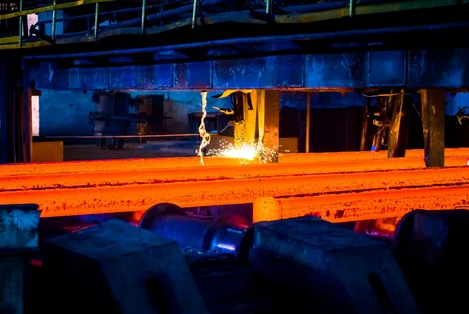Production of structured nickel-linked products surged to record levels this year after Indonesia, the world's largest producer of the metal, banned the export of crude ore. The cost of the cell, which is also used in batteries, jumped 33.6 percent in 2014 after the country introduced an export ban in January, encouraging local recycling.
“We have seen a recent rise in interest in nickel derivatives“ due to export bans in Indonesia and fears that Russia will face sanctions that could affect nickel supplies, ”said Jean-Luc Jacob, head of commodities trading at DZ Bank AG. ...
Indonesia and Russia together provided about a quarter of the world's nickel production. Indonesia has suspended ore supplies in an attempt to encourage foreign companies to invest in Indonesian refineries. The escalation of the situation between Russia and Ukraine has sparked speculation that the second largest nickel producer may face economic sanctions related to the metal.
Indonesia is ready to maintain restrictions on nickel exports. The continuation of the ban could hold prices and make nickel one of the most efficient metals in the second half of this year, according to Mark Keenan, head of Singapore's commodity research department. “The overall picture of the nickel market has changed dramatically as a result of Indonesia's ban on nickel ore exports, which increases the likelihood of shortages in the coming years,” Keenan said.
Higher industrial metal prices could spur demand for more structured products from individual investors who tend to follow the trend.
Consequences of the ban on the export of nickel from Indonesia

|
|
Azovpromstal® 20 June 2014 г. 13:05 |





